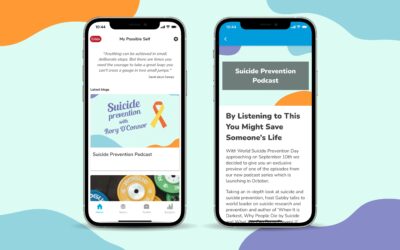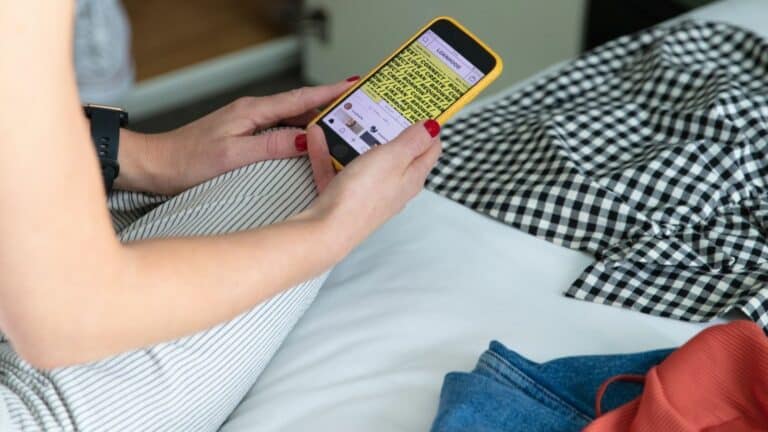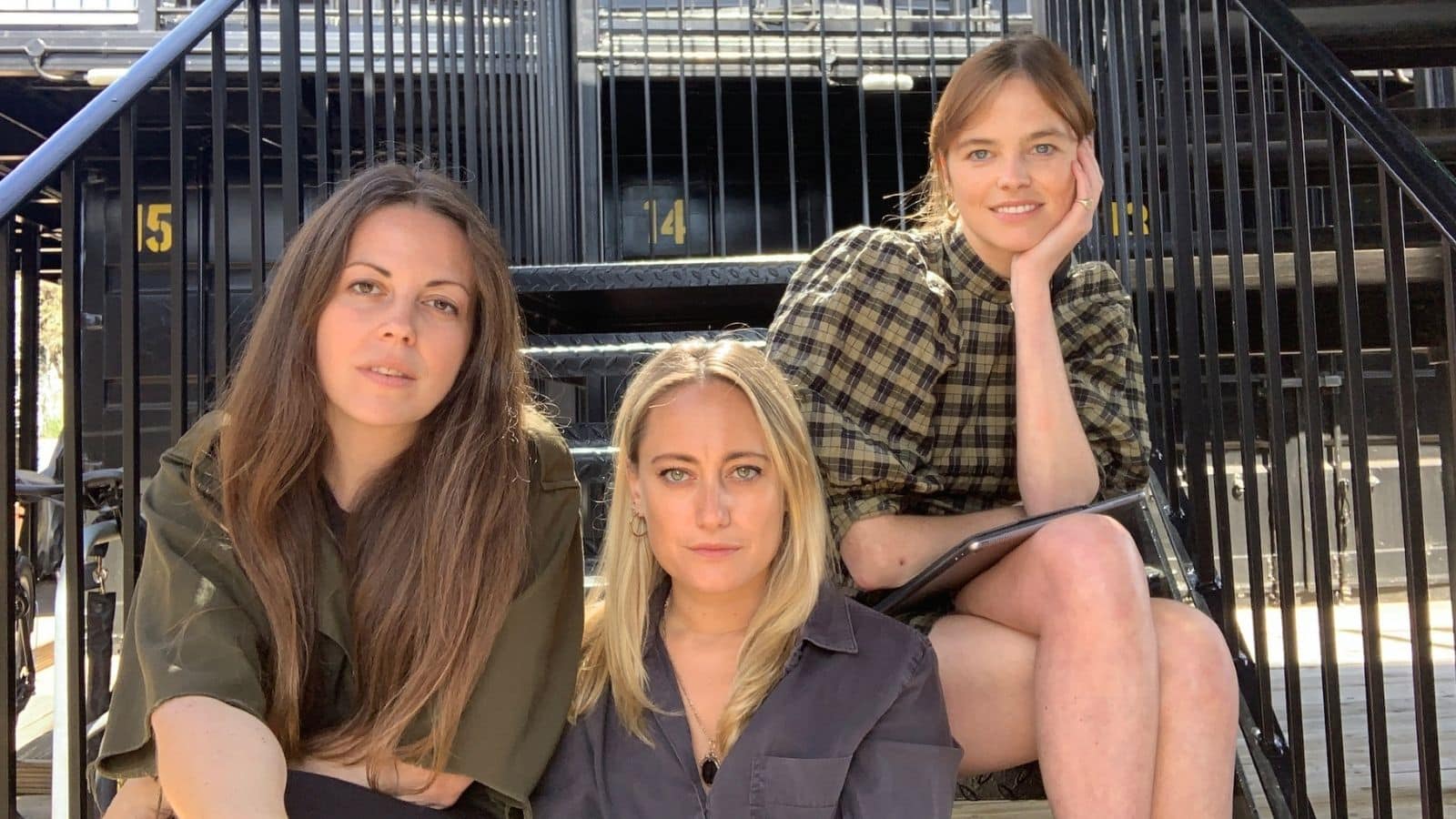Tackling fast fashion by changing consumer shopping habits will help to propel the fashion industry towards sustainability. That’s the view of LOANHOOD co-founder and CEO, Lucy Hall.
As a former model agent at Models 1, Lucy Hall met former Britain’s Next Top Model contestant and fashion model Jade McSorley when working together at the modelling agency.
With shared experiences in the fashion industry, the pair shared mutual concerns on the impact of fast fashion on the environment, and set out to create a solution.
Jen Charon, a graphic designer and brand builder who has worked for Net-a-Porter and Yoox, quit her job to work with the pair on creating LOANHOOD, a fashion rental platform.
“Sustainability is at the core of everything that we do, we all worked in the fashion industry and could see the detrimental effects of what was happening,” Hall told Prolific North.
“Right now the average consumer is discarding clothes after wearing it seven or eight times, which is crazy,” she explained.
Eleven million garments end up in landfill each week in the UK, according to a study by Oxfam.
With the fashion rental app, the trio are urging fashion enthusiasts to tackle this by opting for the more sustainable alternative of renting clothes instead.
“The fashion industry is the second largest polluter in the world,” Hall explained, which is one of the key motivations behind the launching of the app.
“It’s crazy and people don’t really understand that,” she added.
UK consumers have around £30bn worth of clothes left unworn for a year after purchase, a report by WRAP stated.
“The most sustainable item is the one already in your closet. You can’t buy sustainability,” she explained.
With the Northern roots of its founders, Hall, who is based in York, explained the app will initially launch in London but the next city on its radar is Manchester.
“Jade and I are both Northern girls,” explained Hall, “so we want to get to the North as quickly as possible.”
The trio initially started working on a website for the rental platform prior to the government imposed lockdown last year but “COVID came along and scuppered our plans of launching”, she said.
As plans were put on hold for the website, she said it gave the founders time to reflect on the business so they decided to “pivot” towards building an app instead.
In April, the trio secured almost £15,000 of funding through a crowdfunding website, to support the launch of the app.













